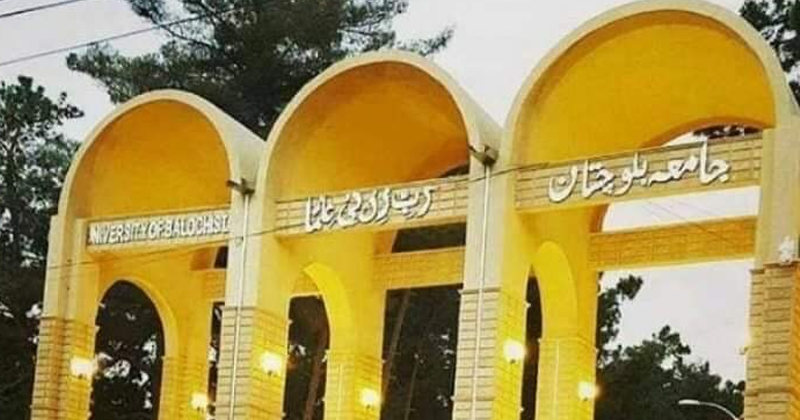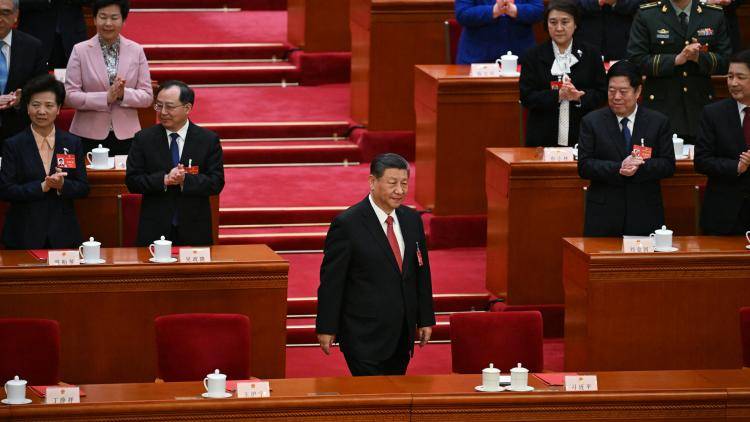The University of Balochistan has been permanently closed as a consequence of the terrorist attack on the Jaffer Express. The university registrar has announced that all academic activities will henceforth be conducted online and that the IT Directorate has been instructed to transfer data. While staff will continue to report to offices, directors and deans must provide weekly updates. Last week, terrorists attacked the Jaffer Express, capturing its passengers. While some passengers and authorities perished, all of the terrorists were slain and they were successfully rescued after a 36-hour security personnel operation. The Prime Minister, Shehbaz Sharif, pledged to completely support security forces and to remove terrorists from Balochistan. As security protocols tighten, the university’s closure remains a precautionary measure.
The decision has been made to close the University of Balochistan following the Jaffer Express attack.



The closure of the University of Balochistan is a significant step, but it raises concerns about the long-term impact on students and education. Transitioning to online learning might be challenging for many, especially in regions with limited internet access. While the decision prioritizes safety, it’s crucial to ensure that academic progress isn’t compromised. The attack on the Jaffer Express was tragic, and it’s commendable that the security forces acted swiftly. However, how will the government address the root causes of such terrorism to prevent future incidents? The Prime Minister’s pledge is reassuring, but what specific measures are being taken to ensure the safety of educational institutions? It’s essential to strike a balance between security and the right to education. How can the community contribute to fostering a safer environment for learning?